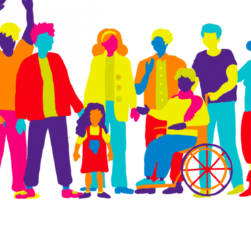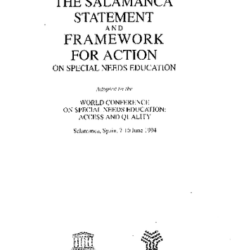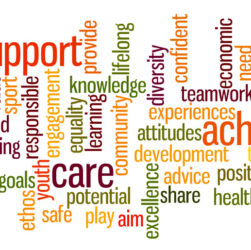The United Nations General Assembly adopted the United Nations Charter for the Rights of the Child in 1989. It has been ratified by every country except for the United States of America, Somalia and South Sudan. There are several reasons why the US has not signed the UN Charter for the Rights of the Child.









